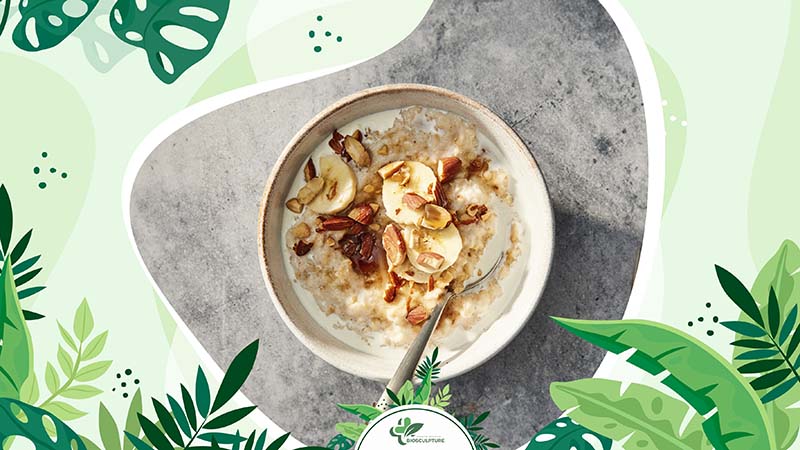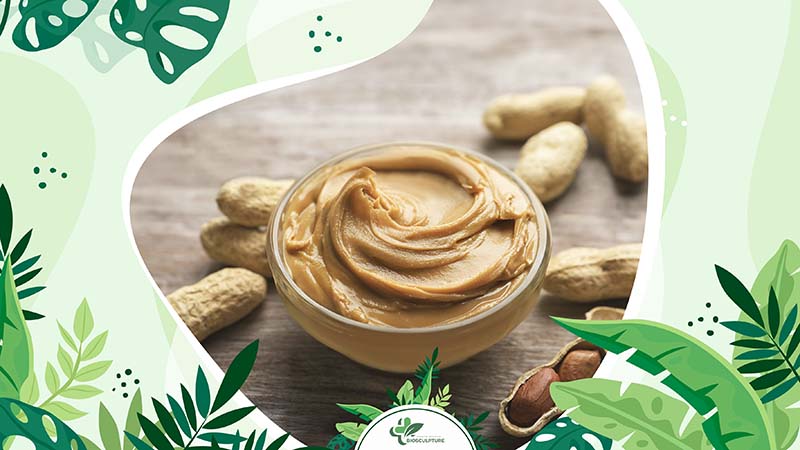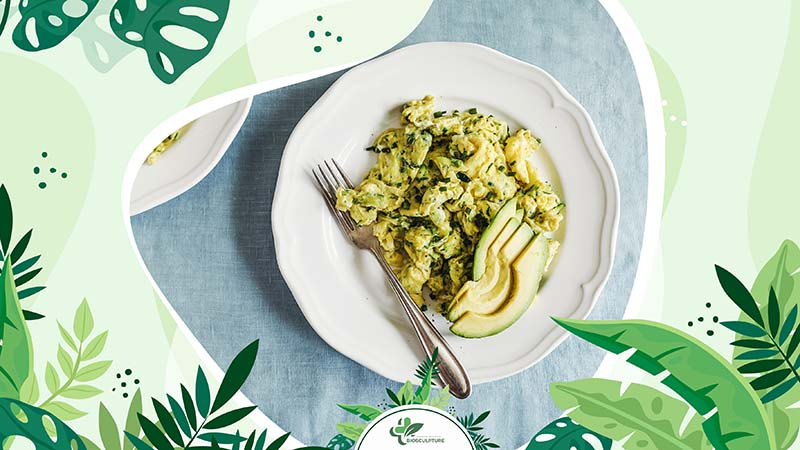Initiating your day with the best breakfast for weight loss can significantly influence your energy levels, appetite control, and weight management. Though opinions vary—with some research indicating that regular breakfast consumers are more likely to maintain a lean physique and effectively manage weight loss, such as findings from certain studies suggesting no universal truth in this regard, including a 2019 BMJ meta-analysis of 13 randomized controlled trials—the overall consensus highlights the nutritional benefits of morning meals. Breakfast eaters generally intake higher levels of essential nutrients, including vitamins, minerals, and fiber, which are crucial for weight regulation.
A nutritious and balanced morning meal, ideal for weight loss, should encompass a blend of protein, complex carbohydrates, fiber, and healthy fats to ensure satiety and provide sustained energy throughout the day. Join Biosculpture to explore the top best breakfast options for weight loss and understand the importance of these foods for your health.

1. Why Is Breakfast Important for Weight Loss?
Eating a nutritious breakfast kickstarts your metabolism, helping you burn calories throughout the day. Opting for breakfast foods packed with vital vitamins, minerals, and nutrients is not only good for your overall health but also ensures you’re getting important nutrients like folate, calcium, and iron. Consistently making healthy breakfast choices can not only help with weight management but also reduce the risk of developing health problems over time.

2. What Should You Eat for Breakfast to Lose Weight
When aiming to shed some pounds, your breakfast choices can set the stage for the rest of your day. Here are some healthy breakfast foods that can aid in your weight loss journey:
- Raspberries: A cup of raspberries packs a hefty 8 grams of fiber, which surpasses what’s found in a cup of strawberries and is similar to the fiber content in half a cup of black beans, according to the United States Department of Agriculture (USDA). Why is fiber so beneficial? A 2019 study in the Journal of Nutrition discovered that individuals who consumed the most fiber lost more weight over a six-month period, even when calories were restricted.
- Oatmeal: Does oatmeal help with weight loss? Absolutely! It’s rich in fiber and keeps you feeling satisfied for longer durations. Opting for “slow-release” carbohydrates in foods like oatmeal doesn’t cause blood sugar spikes as high as consuming refined carbohydrates (such as white toast). Consequently, lower blood sugar levels may assist in burning fat, as insulin, which signals your body to store fat, doesn’t spike as drastically.

- Yogurt: A 2020 report published in the New England Journal of Medicine identified foods correlated with weight change, with yogurt being one of the top five foods promoting weight loss. Protein, like whey protein naturally present in yogurt and other dairy products, is filling and takes longer to digest than simple carbohydrates. Opting for plain yogurt and adding fresh fruit for sweetness can help reduce calorie and added sugar intake.
- Peanut Butter: Nuts, including peanut butter, are rich in protein and fiber, aiding in prolonged satiety and weight loss. Peanut butter and other nut-based products offer a blend of healthy fats, fiber, and protein, all of which are satisfying nutrients. While calorie-dense, two tablespoons of peanut butter contain just under 200 calories, 8 grams of protein, and 2.5 grams of fiber, according to the USDA. It’s a nutrient-dense option that helps construct a fulfilling breakfast.

- Eggs: With 6 grams of protein and 72 calories per large egg, eggs keep you feeling full longer compared to carbohydrates and fats. A 2020 study published in Environmental Research and Public Health revealed that consuming eggs for breakfast enhanced eating satisfaction and reduced calorie intake at the subsequent meal. Eggs are highly satisfying and can help stave off hunger when combined with whole grains and fruits or vegetables.
3. Suggestions for a Nutritious Weight Loss Breakfast Menu
To craft a nutritious breakfast menu tailored for weight loss, it’s essential to include a blend of protein, fiber, and healthy fats. Here are some wholesome breakfast ideas to kickstart your day:
Avocado ‘n egg toast:
- Ingredients: 1 slice of whole grain toast topped with ¼ smashed avocado and 1 poached, hard-boiled, or scrambled egg, seasoned with preferred herbs and ground black pepper.
- Enjoy with ½ grapefruit or 1 orange on the side.
Egg-vegetable scramble:
Ingredients: 1 whole egg and 3 egg whites scrambled with assorted veggies (such as tomatoes, onions, mushrooms, spinach, peppers, or green beans) served with 1 slice of whole grain toast OR 1 orange or half a grapefruit.

Greek yogurt parfait:
- This colorful parfait combines protein-rich Greek yogurt with fiber-packed berries.
- Add your choice of fresh or frozen berries for a burst of flavor and nutrition.
Energizing breakfast smoothie:
- Blend together a nutritious mix of ingredients to create a protein-packed smoothie that will keep you satisfied until lunchtime.
- Perfect for a quick and convenient breakfast option for both adults and kids alike.
Bacon, egg, and cheese sandwich:
- Satisfy your morning cravings with a warm and hearty sandwich made with lean egg whites, Canadian bacon, reduced-fat cheese, and a whole-grain English muffin.
- This slimming breakfast option provides a delicious and filling start to your day.

4. Common Mistakes Regarding Breakfast
Avoiding common mistakes related to breakfast is crucial for supporting weight loss efforts. Some of these pitfalls include:
- Skipping Breakfast: Missing the morning meal can disrupt metabolism and lead to overeating later in the day.
- Eating Too Late: Consuming breakfast too late can throw off hunger cues and disrupt your body’s natural rhythm.
- Not Enough Protein: Protein is essential for keeping you feeling full and satisfied. Not getting enough protein in your breakfast can lead to increased snacking and overeating throughout the day.
- Small Breakfast: Eating a breakfast that is too small may leave you feeling hungry and more likely to reach for unhealthy snacks later on.
- Eating Too Quickly: Rushing through breakfast can prevent your body from properly digesting and absorbing nutrients, leading to cravings and overeating later.
- Inadequate Protein: Failing to include enough protein in your breakfast can result in decreased muscle mass and slower metabolism.
- Avoiding Carbohydrates Entirely: While it’s important to choose the right kinds of carbohydrates, completely avoiding them can lead to energy dips and cravings.
- High-Calorie Coffee: Loading up on sugary or high-calorie coffee drinks can add unnecessary calories and sugar to your breakfast, sabotaging your weight loss efforts.
Addressing these mistakes involves focusing on a balanced breakfast that includes adequate protein, complex carbohydrates, healthy fats, and nutrient-dense foods. By doing so, you can support your weight loss goals effectively while ensuring optimal energy levels and nutrient intake throughout the day.
5. Conclusion
Kicking off your day positively and with the best breakfast for weight loss can significantly impact your journey towards shedding those extra pounds. Incorporating healthy breakfast options into your morning routine can simplify controlling cravings and maintaining your commitment to your weight loss ambitions.
Adhering to a weight loss regimen extends beyond just selecting a nutritious breakfast. Ensure that your daily diet is abundant in wholesome foods to maximize your health benefits and accelerate your weight loss process.


